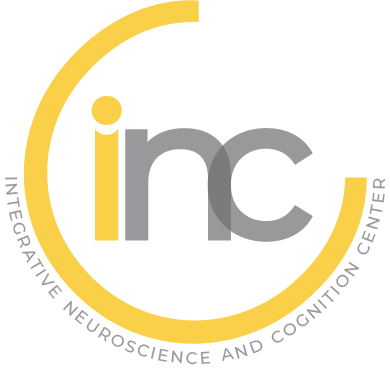Speaker
-
Elisabeth TraiffortPhD - Maladies et Hormones du Système Nerveux - U1195 INSERM - Université Paris-Saclay
Androgens show sex-dependent differences in myelin regeneration of the central nervous system, by Elisabeth Traiffort
Androgens show sex-dependent differences in myelin regeneration of the central nervous system
Summary
Multiple sclerosis is an auto-immune, demyelinating and neurodegenerative pathology of the central nervous system (CNS). The early phase of the disease mostly corresponds to a relapsing-remitting form with a succession of demyelinating events, each followed by spontaneous myelin regeneration. Over time, remyelination however eventually fails, which leads to irreversible neurological disabilities. From a clinical point of view, the disease is sexually dimorphic with a three-fold higher prevalence in women and more severe forms occurring at a later age in men. Importantly, any sexual hormone deregulation has been correlated with clinical worsening. Although obviously different, the male and female hormonal environment is not restricted to high androgen levels in males and fluctuating estrogen/progesterone levels in females. Males can indeed convert androgens to estrogens while females synthesize small amounts of androgens. The role of androgens was still unexplored, so we set out to address the question by using pharmacological and genetic approaches in various demyelination models. We show an unexpected and strong up-regulation of the androgen receptor AR in the demyelinated lesions from female mice and MS female patients, the unique involvement of androgens in the response of microglia/macrophages to demyelination in females and a sexual dimorphism characterizing androgen effects in the demyelinated CNS at the molecular level. Our work suggests the use of appropriate doses of androgens in demyelinated females and it uncovers the need for considering the sex-specific AR-mediated control of microglia/macrophage response to demyelination in the therapeutic management of multiple sclerosis.
Short Biography
Elisabeth Traiffort is neurobiologist. After starting her career at AP-HP as a pharmacist, she became interested in histaminergic and serotonergic neurotransmissions as well as in G protein-coupled receptors. Since 1998, she has focused on the investigation of the first signaling pathway to have been identified in the genetic control of early embryo development, the Hedgehog pathway. She and her co-workers were the first to show the persistence of this pathway in the postnatal and adult nervous system by demonstrating the transport of hedgehog proteins in axons, their ability to regulate the electrophysiological properties of neurons, and the role of this pathway in controlling the division mode of adult neural stem cells. In 2013, her group showed the involvement of Hedgehog signaling in myelin regeneration processes and she joined the Kremlin-Bicêtre Hospital where she is in charge of the team ‘Glial Cells, Regeneration and Plasticity’. Current projects aim to dissect the molecular and cellular mechanisms involved in myelin production processes during development or after demyelination of the central nervous system by using genetic, pharmacological and OMIC approaches. The group also focuses on local inflammatory processes associated with myelin pathologies. The ultimate goal is the identification of new therapeutic targets in the field of myelin and inflammatory diseases of the central nervous system.
